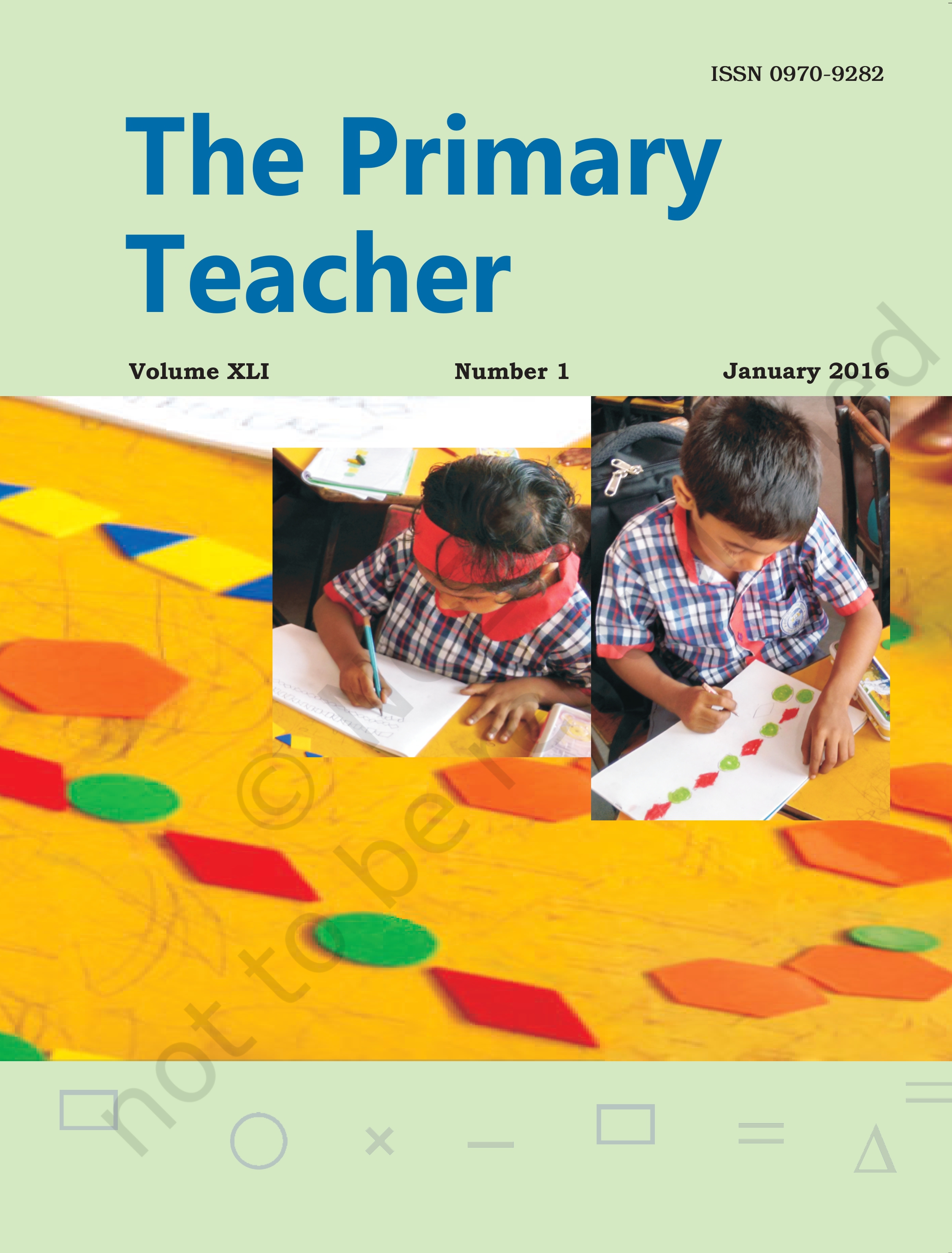
Published 2024-12-05
Keywords
- knowledge,
- National Curriculum Framework,
- Collaborative learning
How to Cite
Abstract
Humans and animals both have the ability to learn. Children and adults learn in various social contexts by exchanging ideas and thoughts. An individual does not always construct knowledge by himself/herself, rather this construction of knowledge depends on various social interactions, in which he/she engages with peers or adults. Similar to the importance of social learning, benefits of peer interactions have also been appreciated for long. But still, it can be seen that teachers do not make use of peer learning in classrooms. It may be because they do not consider it practical enough to be used in the learning process. And, especially, if we talk about mathematics, the percentage of peer interactions and teachers’ attempt to generate such interactions remains considerably low
